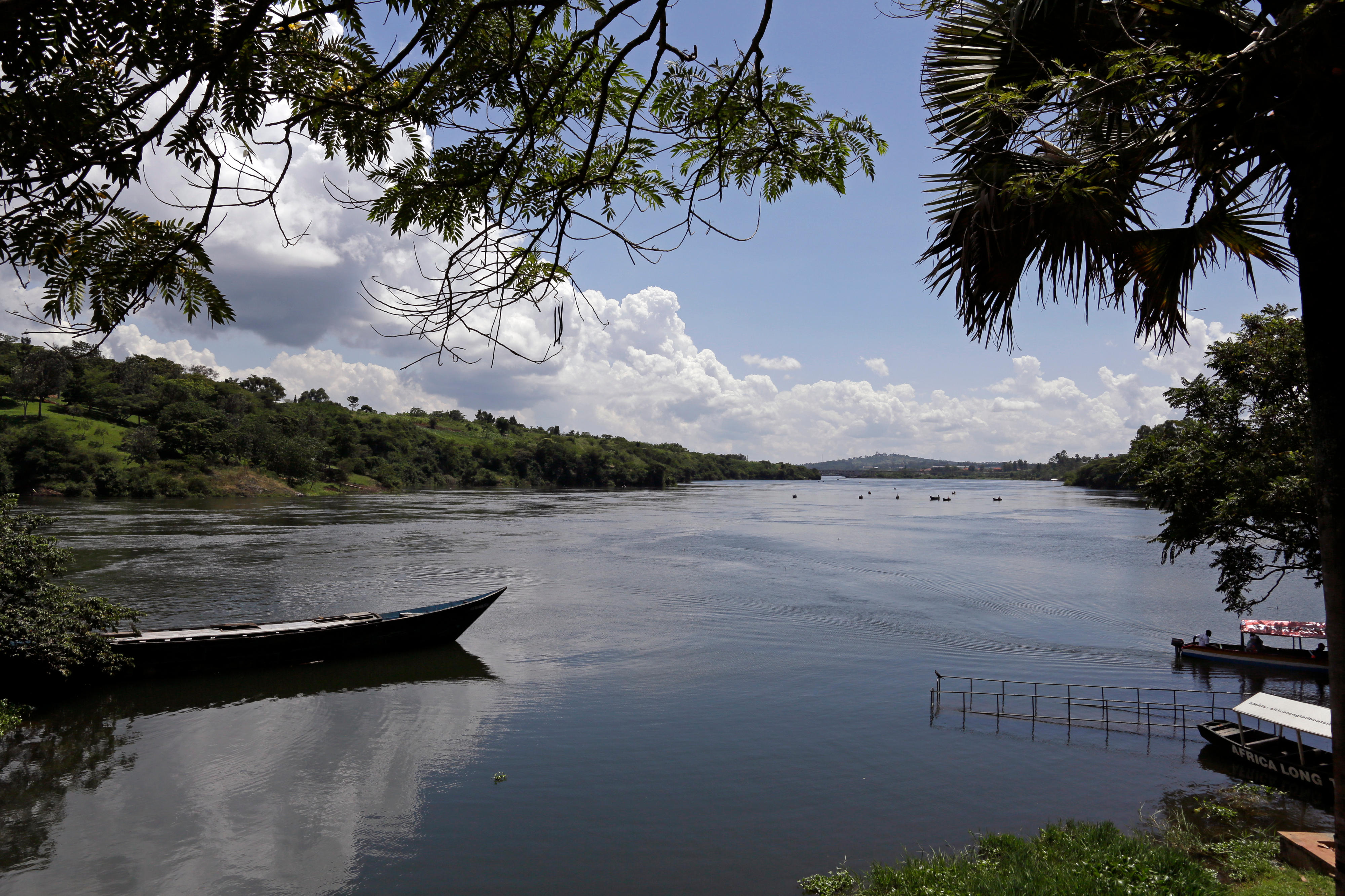Bujagali in Uganda. This is where the Nile flows out of Lake Victoria.
Copyright© Thomas Köhler/photothek.net
Transboundary water management
In the case of transboundary waters, the challenge of managing water resources equitably and sustainably has an extra dimension: differences between user interests are not limited to different groups or industries within a single country, they also arise between different countries. The scarcer water becomes the greater its capacity to trigger crises and conflicts. Climate change is exacerbating tensions in many regions as extreme weather events such as floods and droughts are increasing and the water balance as a whole is changing.
As a result of growing demand for water and for renewable energy, investments in infrastructure such as hydropower plants and irrigation facilities are increasing. Especially when it comes to larger projects concerning transboundary waters, such as the construction of a dam in the headwaters of a river, care needs to be taken not to harm water availability in riparian countries too much. Otherwise, international conflict over the distribution and quality of water may arise, as is currently the case on the Nile, on Lake Chad, and on the Mekong, the Euphrates and Tigris, and the Jordan River.
However, water is not just a potential source of conflict. Where countries manage to work together across borders, shared waters can also be a significant factor for regional stability. The countries concerned can all draw benefit from collectively planning infrastructure projects. International agreements and joint river basin commissions are effective tools for preventing conflict.
Over the last few years, water diplomacy has become more important. Relevant international approaches and regulatory frameworks have been developed in the United Nations, the European Union, the G7 and the G20 among others.
German activities
Within the German government, both the Federal Foreign Office and the Federal Ministry for Economic Cooperation and Development (BMZ) are engaged in international water diplomacy. The BMZ's activities focus on Africa. Among other things, the Ministry is part of a Team Europe Initiative on cross-border water management in Africa.
The BMZ is also supporting its partner countries' efforts to create a conducive policy and legal environment for collaborative water resource management. This includes the exchange of information and data, the establishment of transboundary river basin authorities, and the implementation of water agreements. The related efforts combine political and technical processes. For instance, support is provided for the establishment of a legal basis that is needed in order to then set up technical infrastructure (such as a hydropower plant) successfully and in a conflict-sensitive manner.
As at: 13/06/2024
